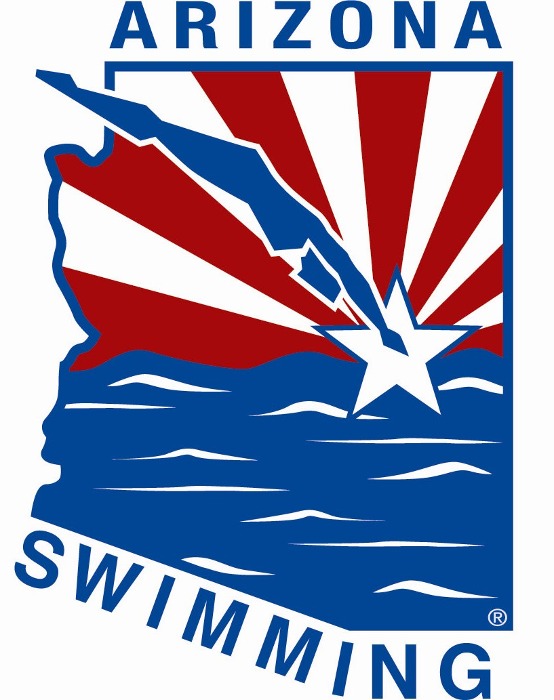PARENT GUIDELINES AND POOL DECK POLICY
Swimmers should arrive early and be out on deck, after practice swimmers should wait for their pick up inside the pool lobby. We do not want swimmers outside of any of the facilities at any time during a practice unless they are under the direct supervision of a coach at that time. Swimmers who arrive early to practice should sit quietly on the deck, talk with teammates, do their homework, or read a book until practice begins.
We all do a great deal for our kids. We create the environment in which they grow and mature. Our children are products of our values and beliefs. Human nature, however, is such that we sometimes lose our ability to remain detached and objective in matters concerning our children. The following guidelines will help all of us keep our child’s development in the proper perspective.
-
Every individual learns at a different rate and responds differently to the various methods of parenting skills.
-
It takes a great deal of the swimmer’s attention to master the skills of proper stroke technique. These new sets of habits are the basis for later improvement.
-
Plateaus will occur at one time or another in every swimmer’s career. Plateaus can be both in competition and in training. A plateau signifies the swimmer has mastered lower-order skills, but they are not yet sufficiently automatic to leave their attention free to attack newer, higher-order skills.
-
Swimmers under 10 are the most inconsistent. This can be frustrating for the parent, coach, and swimmer alike! We must be patient and permit these younger swimmers to learn to love the sport.
-
It is the coach’s job to offer constructive criticism of a swimmer’s performance. It is a parent’s job to supply the unconditional love, recognition and encouragement necessary to help the young athlete feel good about themselves.
Our coaches spend a considerable amount of time planning weekly training
sessions for each of their practice groups. Each training set or instructional drill has a purpose and one practice and/or practice set often builds on another throughout the week and/or season. If you have not attended all practice sessions, you may not understand the purpose of what the swimmers are doing on any given day.
We certainly support your presence on the pool deck, but we ask you not to interact with your swimmer or the swimmer’s coach during the workout (if you need to speak with the coach, do it before or after workout). It is best to be a distant observer during workouts. Our children need to develop a bond of trust and confidence with the coaches. This is difficult if not impossible to do if we (the parents) are close by.
With that in mind:
Skyline: Please do not sit on the bleachers on the North End of either pool. The South end of the pool is the opposite side from where the locker rooms are located, we recommend sitting on those bleachers at the big pool. We also recommend sitting at the picnic/shaded area on the South side for the little 6 lane pool.
This will give our coaches the space they need to interact with your swimmer without having to compete for their attention. Parents are expected to remain in the designated area throughout the practice session.
If you have any questions about your child’s training or tram policies, contact the coach. Please refrain from criticizing the coach in front of the swimmers as this undermines the coach’s authority and breaks the swimmer-coach support necessary for maximum success. It is for this reason that we ask parents not to actively participate in coaching their child.
Remember, particularly in the case of younger swimmers, the attitude and behavior of the parents in regard to their outlook on the sport has an important effect on the child. In swimming, as in life, nobody can “win” or succeed all the time—there will always be some disappointment. The important thing is to keep on striving to do better the next time.
Building on that idea, we all know that it is important as a parent to provide healthy encouragement for a child’s interest, with recognition that a child’s interests might change. If your child expresses a desire not to participate in the sport of swimming anymore, open a discussion with your child about why they might be feeling that way. Given all the positives that this sport can teach such as, time management, perseverance, discipline, and confidence, there could be dynamics (e.g. a new coach, an interaction with a teammate) that might just seem too stressful, but will change in time.
Self-motivation is the stimulus of all truly successful swimmers, but there are times when such motivation may lag and parental support is crucial for persistence.









